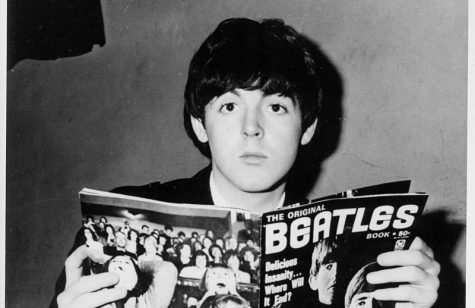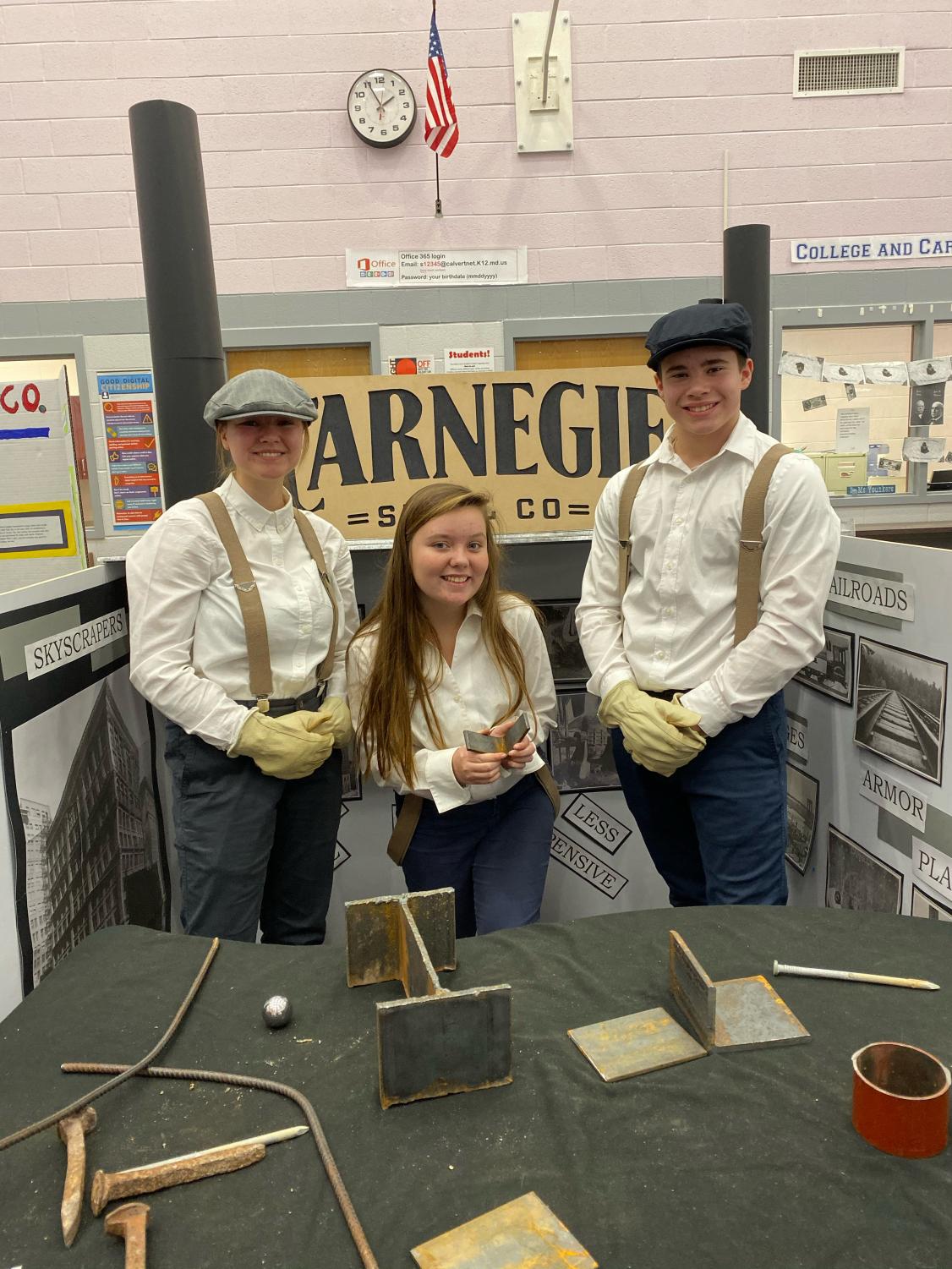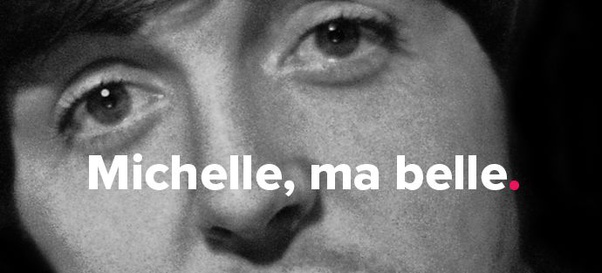The History of Michelle
May 1, 2021
That time Paul McCartney pretended to be French to pick up chicks
Everyone’s met that pretentious kid at a party who mysteriously gains possession of a guitar and begins to play the opening four chords of an Oasis song. We don’t know where the guitar came from, nor who asked for a rendition of Wonderwall, but on they sing, “Today is gonna be the day that they’re gonna throw it back to you…” They’re often laughed at, nicknamed things that suggest they’re pompous and irritating, yet I hold this timeless stereotype of a person very near and dear to my heart. Allow me to elaborate.
The Beatles released their hit song Michelle on their 1965 album, Rubber Soul. A lovely, Parisian-esque tune, it was no surprise when the song became a number one hit in many European countries by early 1966. (Americans, of course, were having a field day with it as well.) Now, I could type countless words and give a plethora of reasons that explain why this song was a success, who it influenced, who’s lives it impacted, etc. Instead, however, I’d like to briefly speak about its humble beginnings and why they amuse me.
In the late fifties — when The Beatles were still The Quarrymen — Paul McCartney would attend many parties with his new friend and fellow bandmate, John Lennon. Hosted by local art students, it was most likely a cesspool for pedantic, college-aged guitarists, which assuredly intimidated the less-experienced, teenaged Paul McCartney. Though there is no detailed account of the gatherings, I can only imagine the company and setting: hordes of musicians serenading each other in a smoke-stifled room, mopped-topped heads and hair sprayed updos debating the vices of communism… or whatever young adults discussed during the sixties. But instead of cowering in the shadows like he preferred, the teenaged McCartney knew he needed to stand out, especially with the popular and unreserved John Lennon by his side. His solution? To put on a black shirt and adopt a foreign accent. In other words, he would become “French.”
“I remember sitting around there,” recalled McCartney several years later in Barry Miles’ Many Years From Now,* “and my recollection is of a black turtleneck sweater and sitting very enigmatically in the corner playing this rather French tune. I used to pretend I could speak French because everyone wanted to be like Sacha Distel.” The purpose of this scheme, McCartney admits, was to meet and flirt with college girls. I suppose he thought this could be achieved with the mysterious aura of an alleged Frenchman. After all, who doesn’t love a man with an accent?

This bit quickly turned into a party trick: McCartney producing cryptic, French-sounding phonemes to a group of ladies, the guitar’s lovely melody drowning out his illiteracy. All the while, John would stand by, laughing at his friend’s poor attempt to leave the women breathless. But what at the time seemed nothing more than a humorous ploy soon morphed into one of their most beloved songs.
“D’you remember that French thing you used to do at Mitchell’s** parties?” Paul remembers John asking a few years later.
Of course he remembered.
“Well,” John told him, “that’s a good tune. You should do something with that.”
And so, Michelle was born.
Not as fast as that, of course. There was still work to be done, but they were nevertheless inspired. Obviously, McCartney had to replace the French babbling with real words and fine tune a few lyrics, so he enlisted the help of a woman named Jan Vaughn. A French teacher and the wife of McCartney’s close friend, she was most eager to help the band.
“I like the name Michelle,” Paul told her during one of their sessions. “Can you think of anything that rhymes with Michelle in French?” This request prompted the construction of its famous opening lyric, Michelle, my belle. When translated, it reads, “Michelle, my beauty.”
It’s a tale as old as time, yet the classic Lennon-McCartney duo was able to turn that playing-my-guitar-unprompted-during-a-party stereotype into a song that has touched countless lives. So, with that said, I think we can all agree that next time we see someone miscellaneously playing their guitar and expecting praise, we give it to them. After all, you never know if you’re going to meet the next Sir James Paul McCartney.
*Quotes extracted from Paul McCartney: Many Years From now by Barry Miles
**Austin Mitchell was John Lennon’s art tutor at school. He hosted the parties that inspired McCartney’s French persona.

